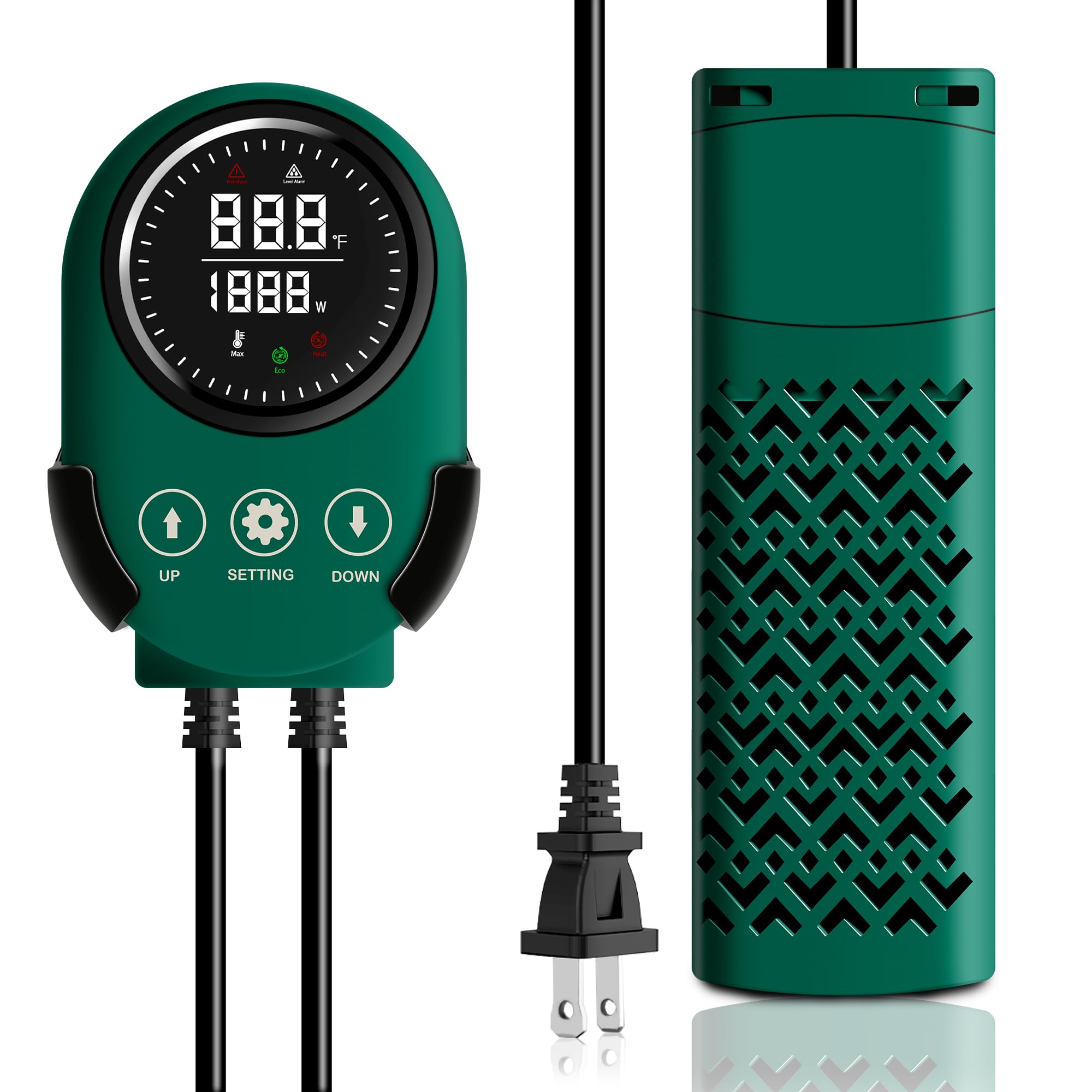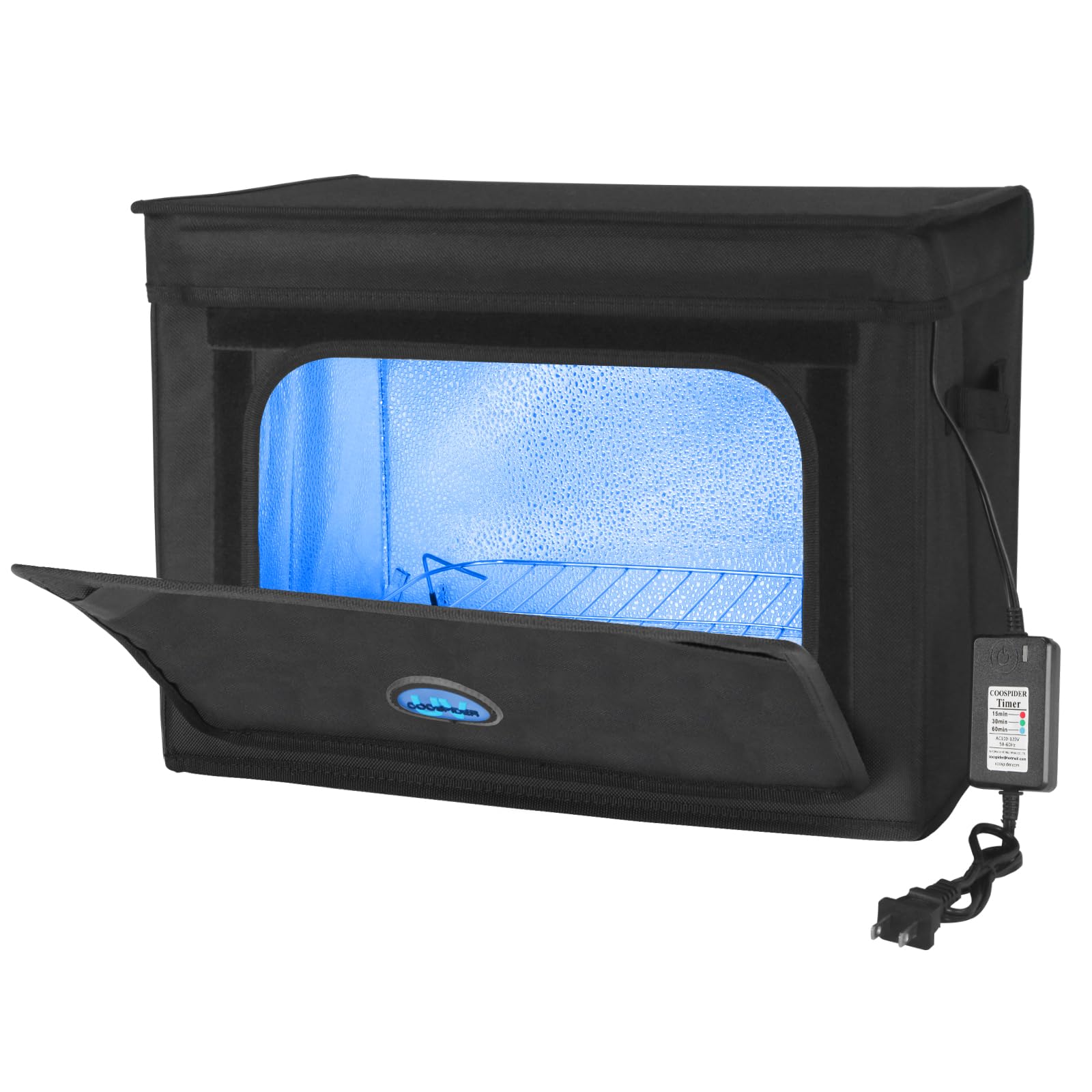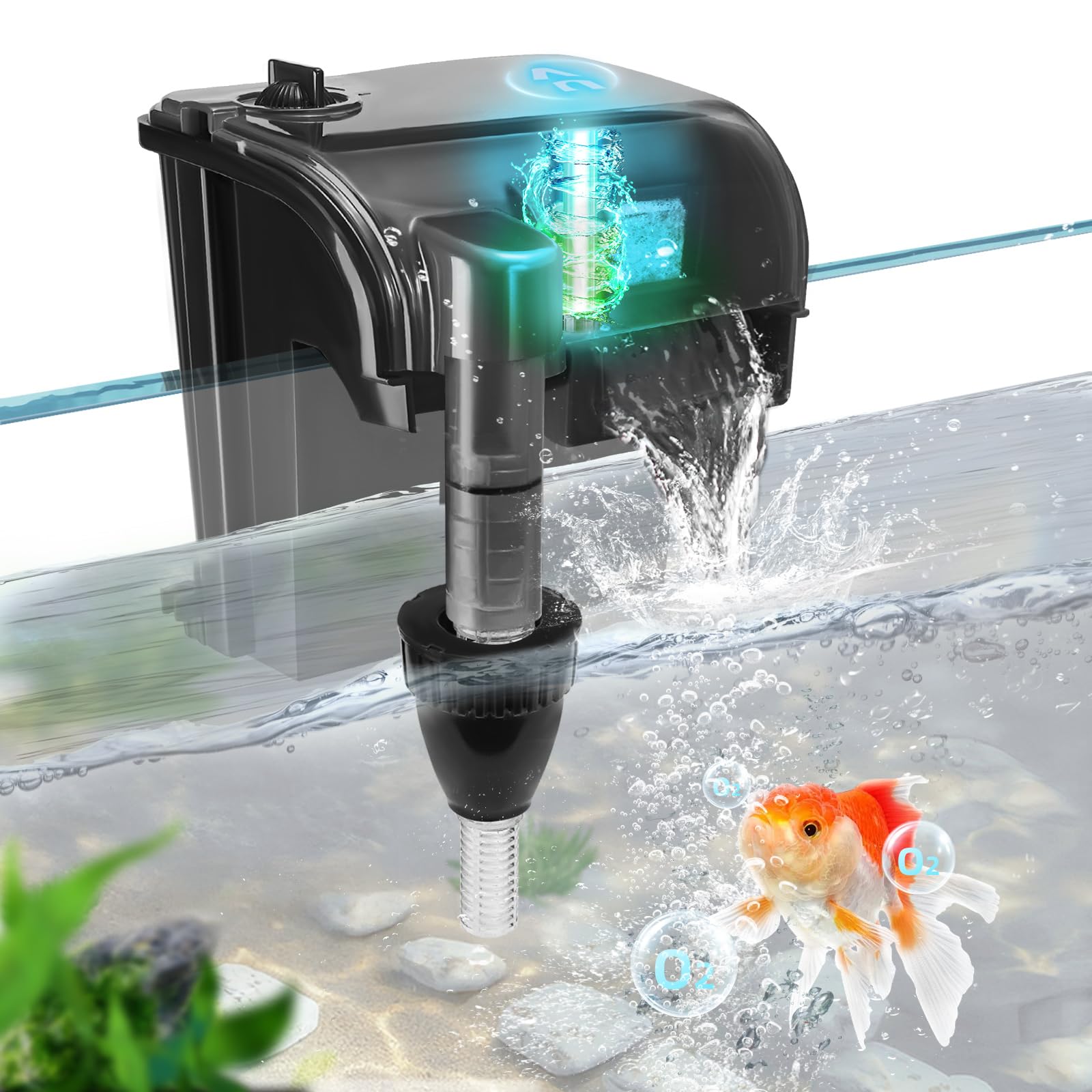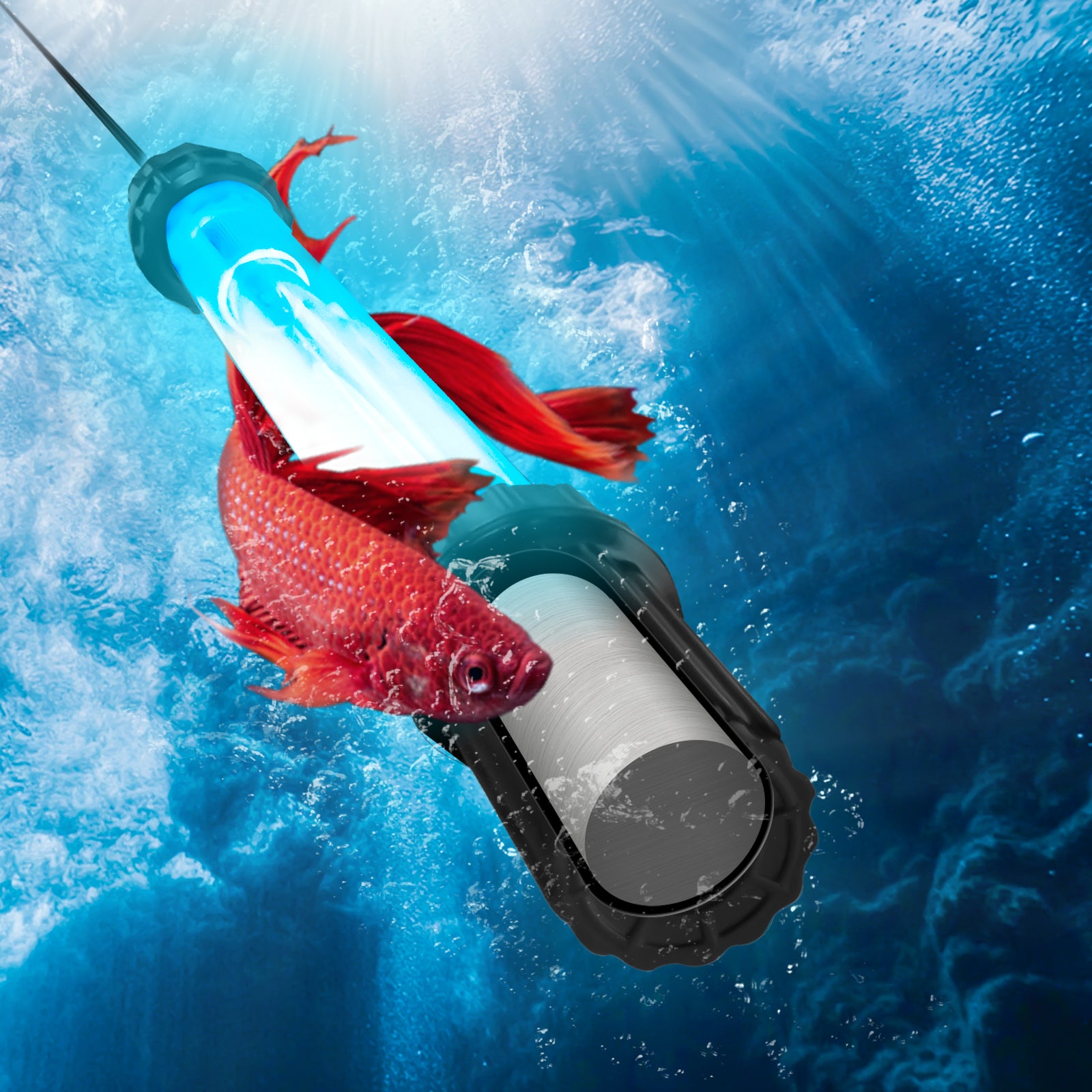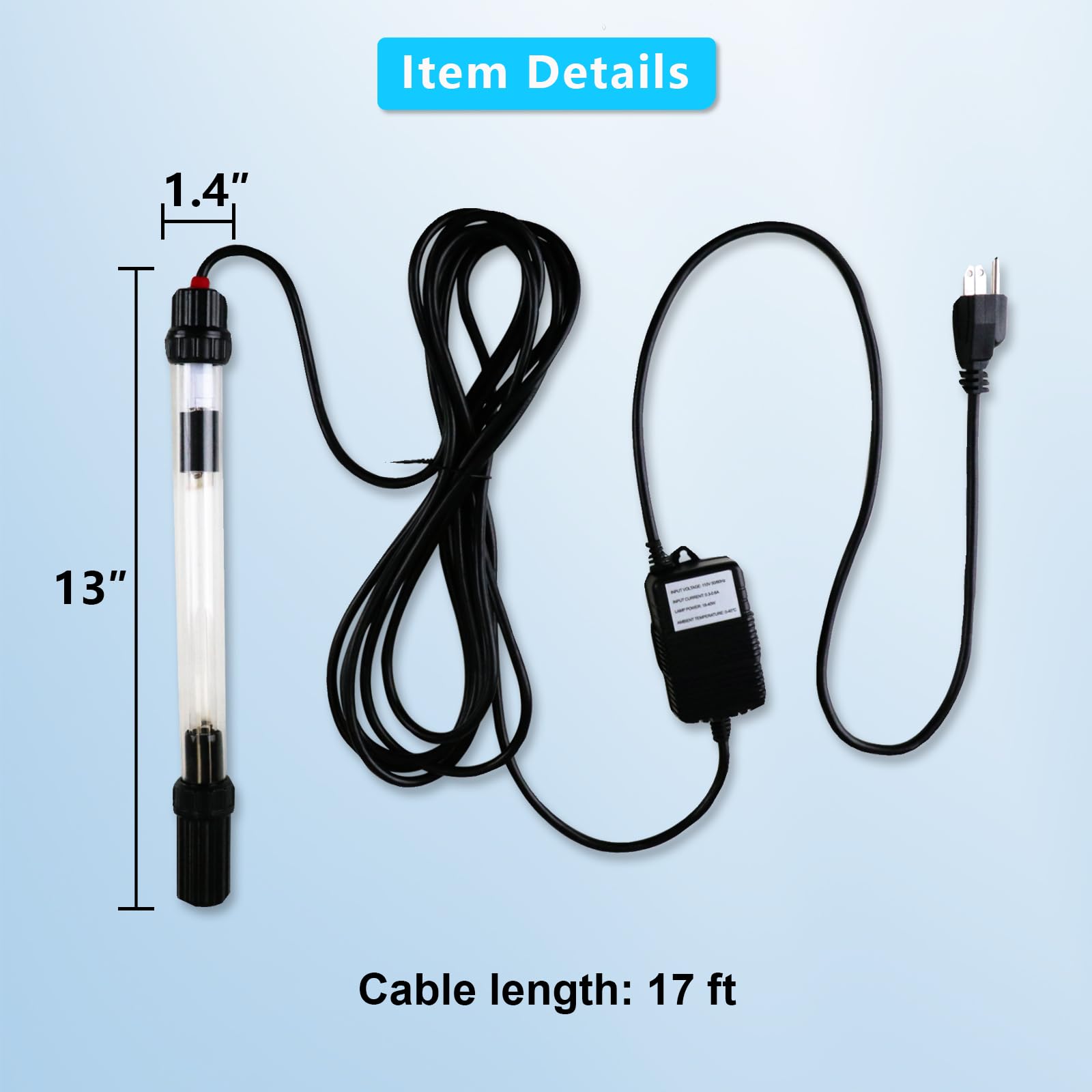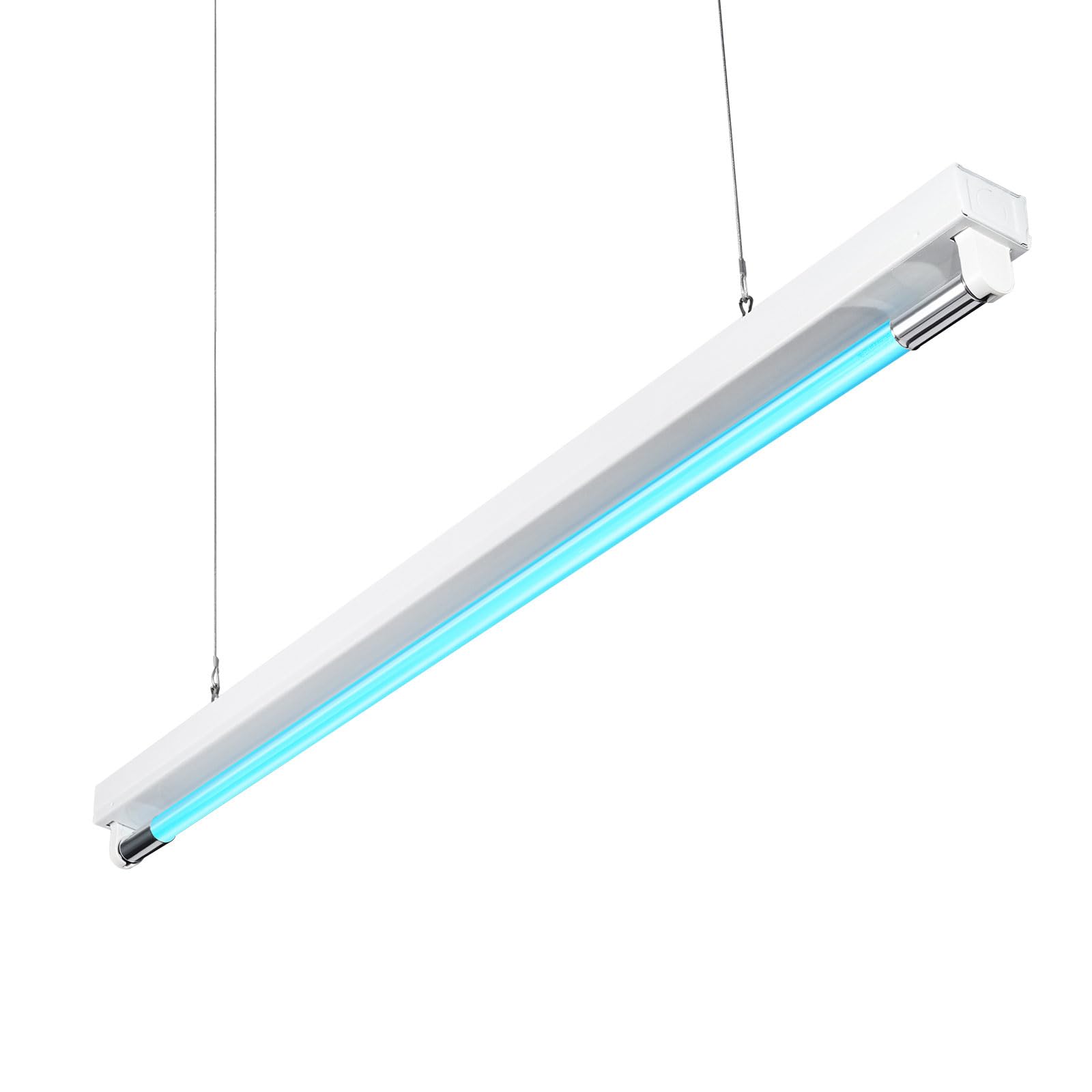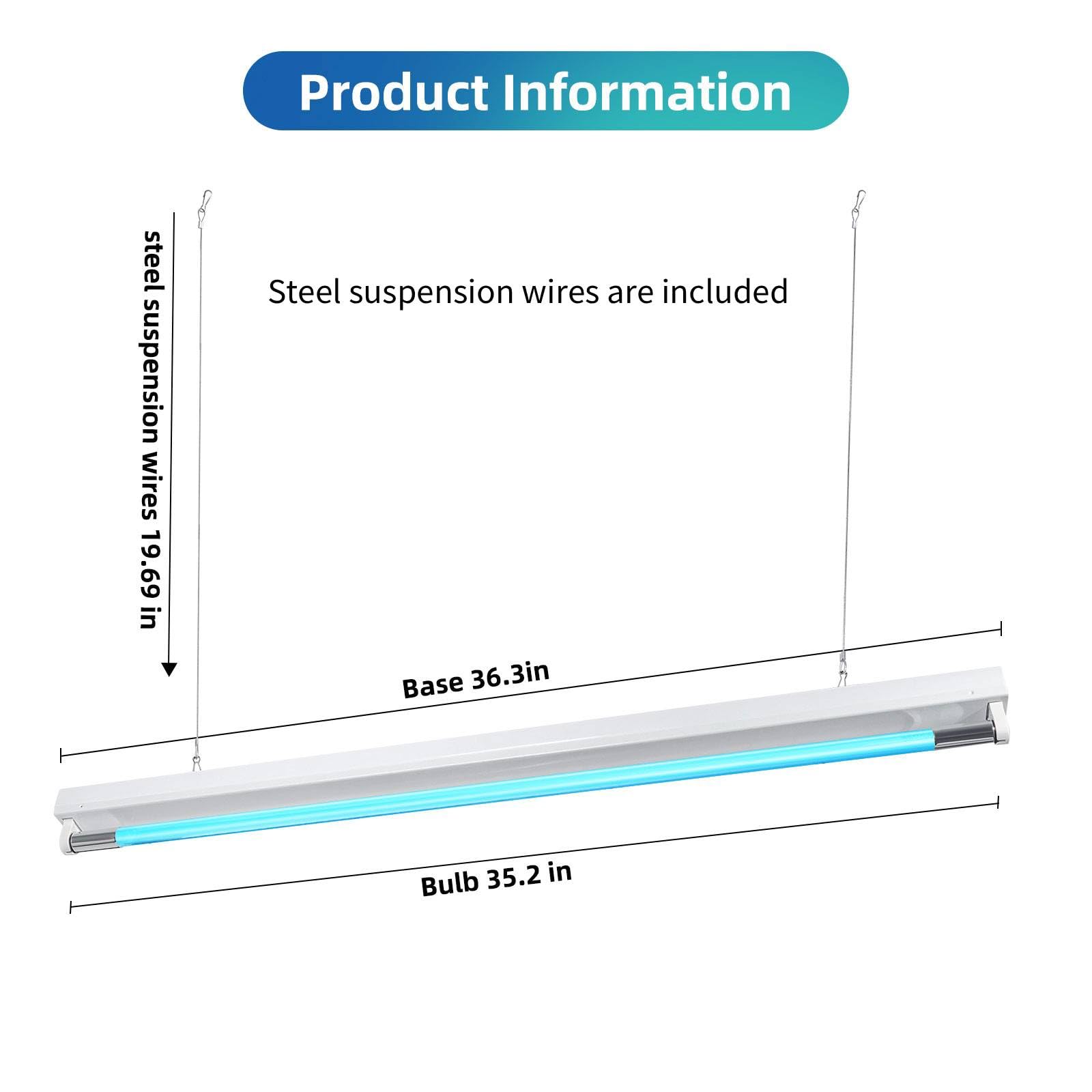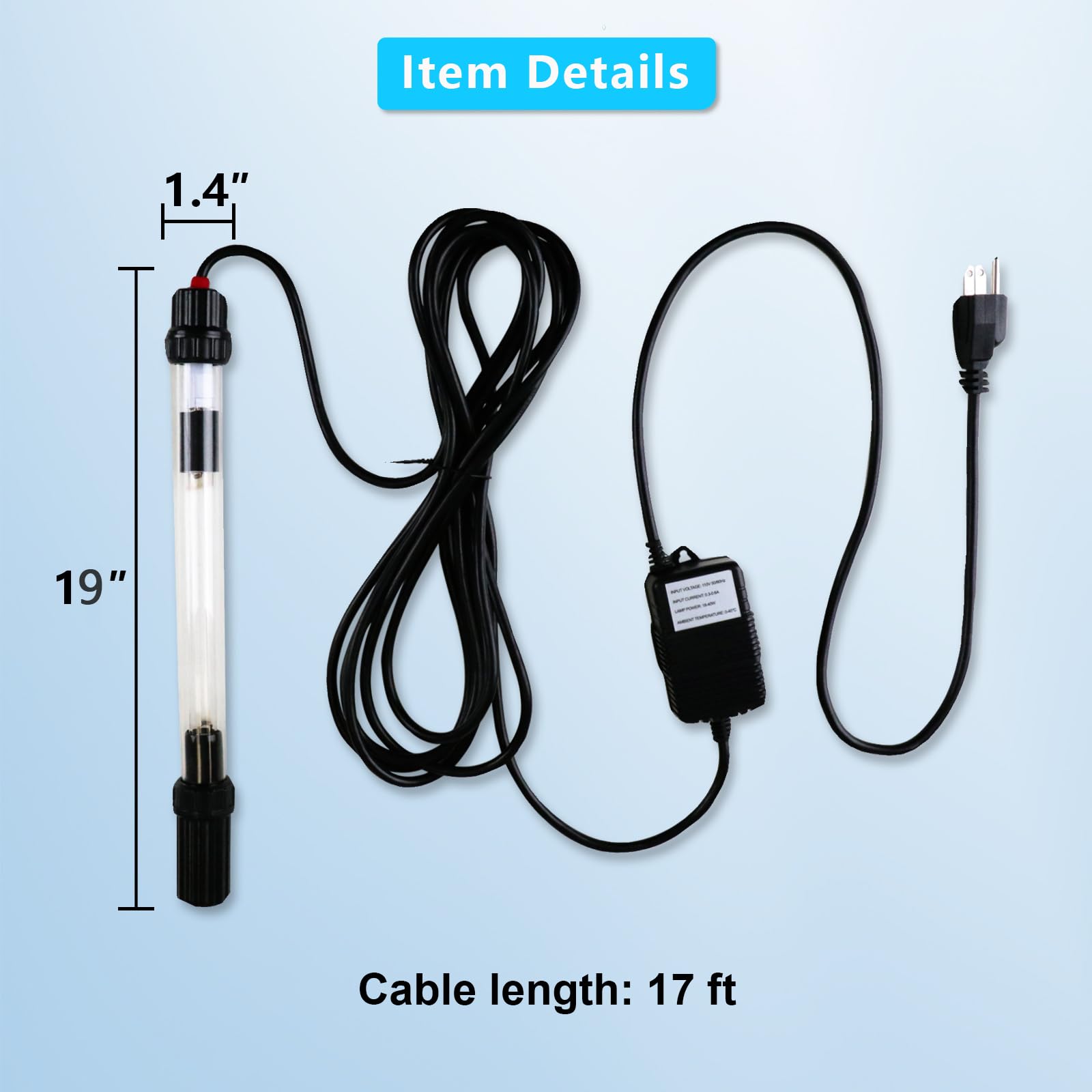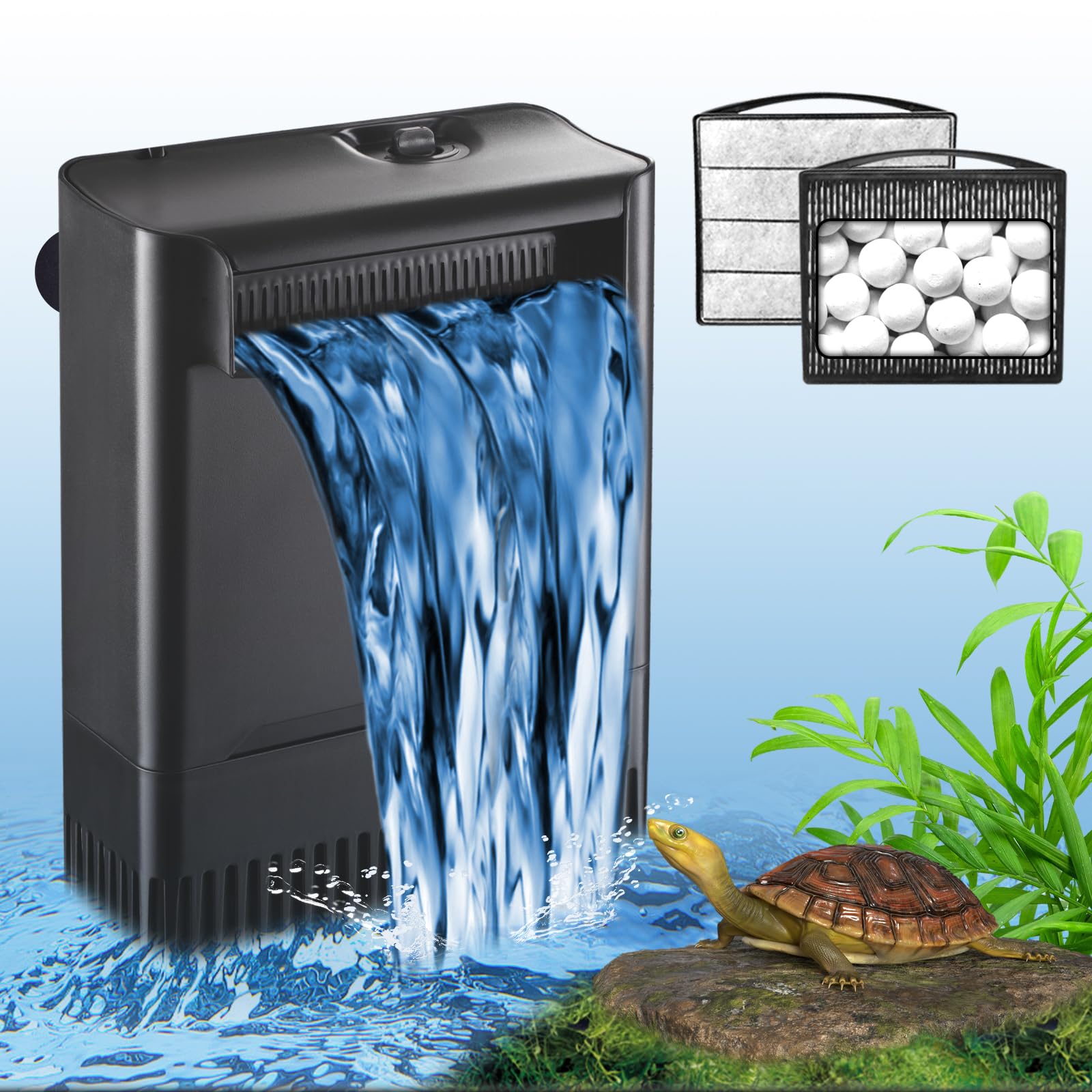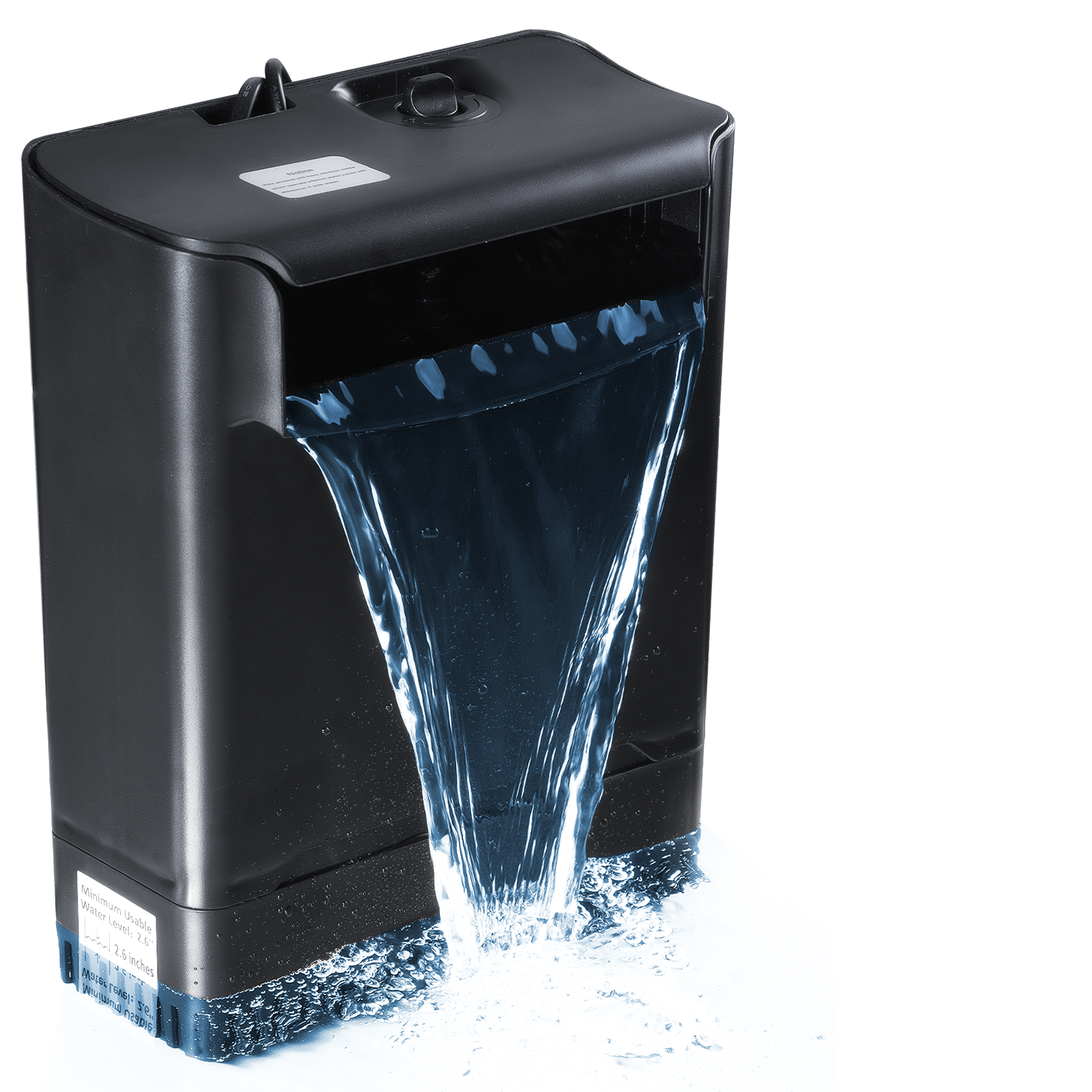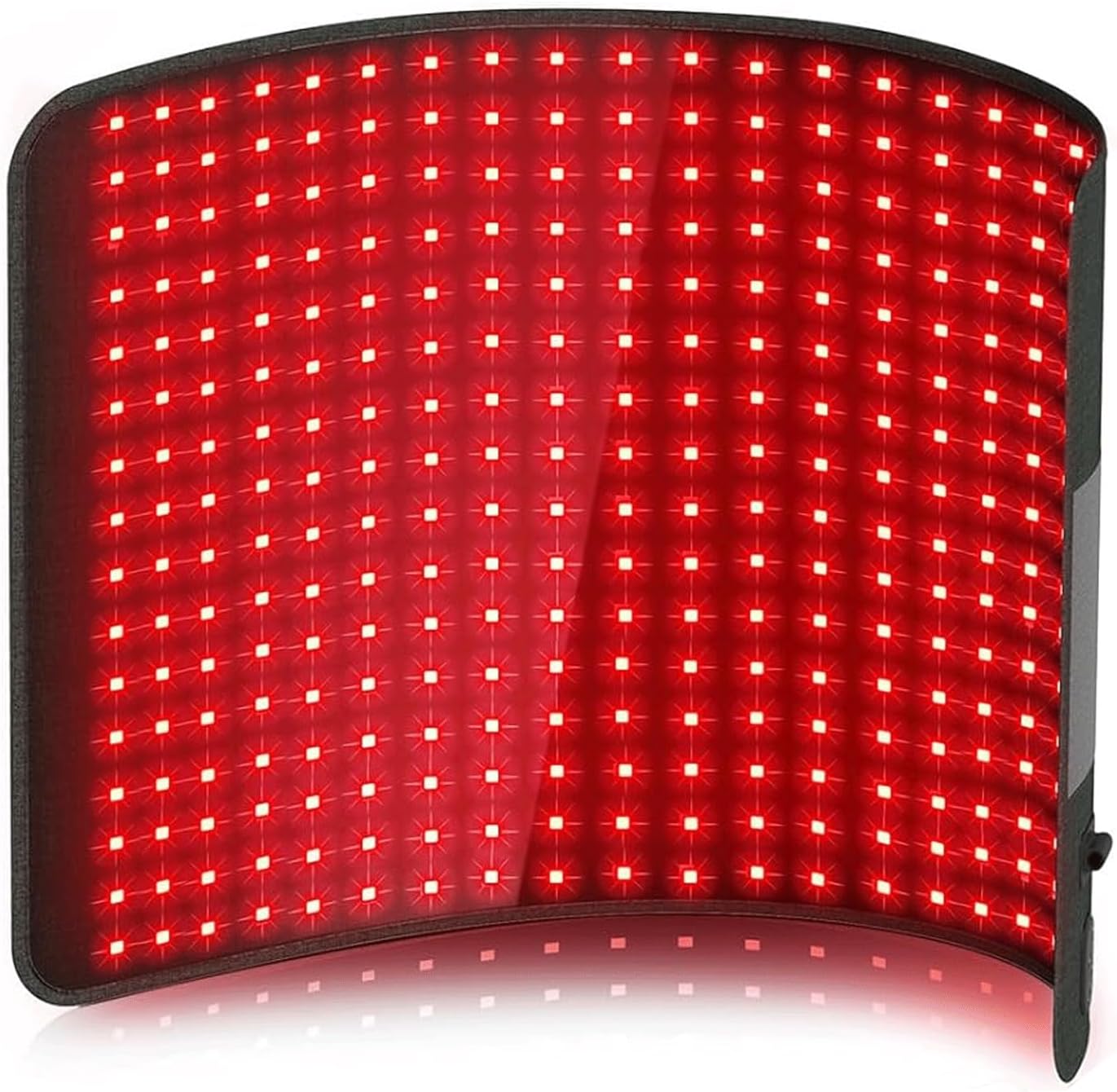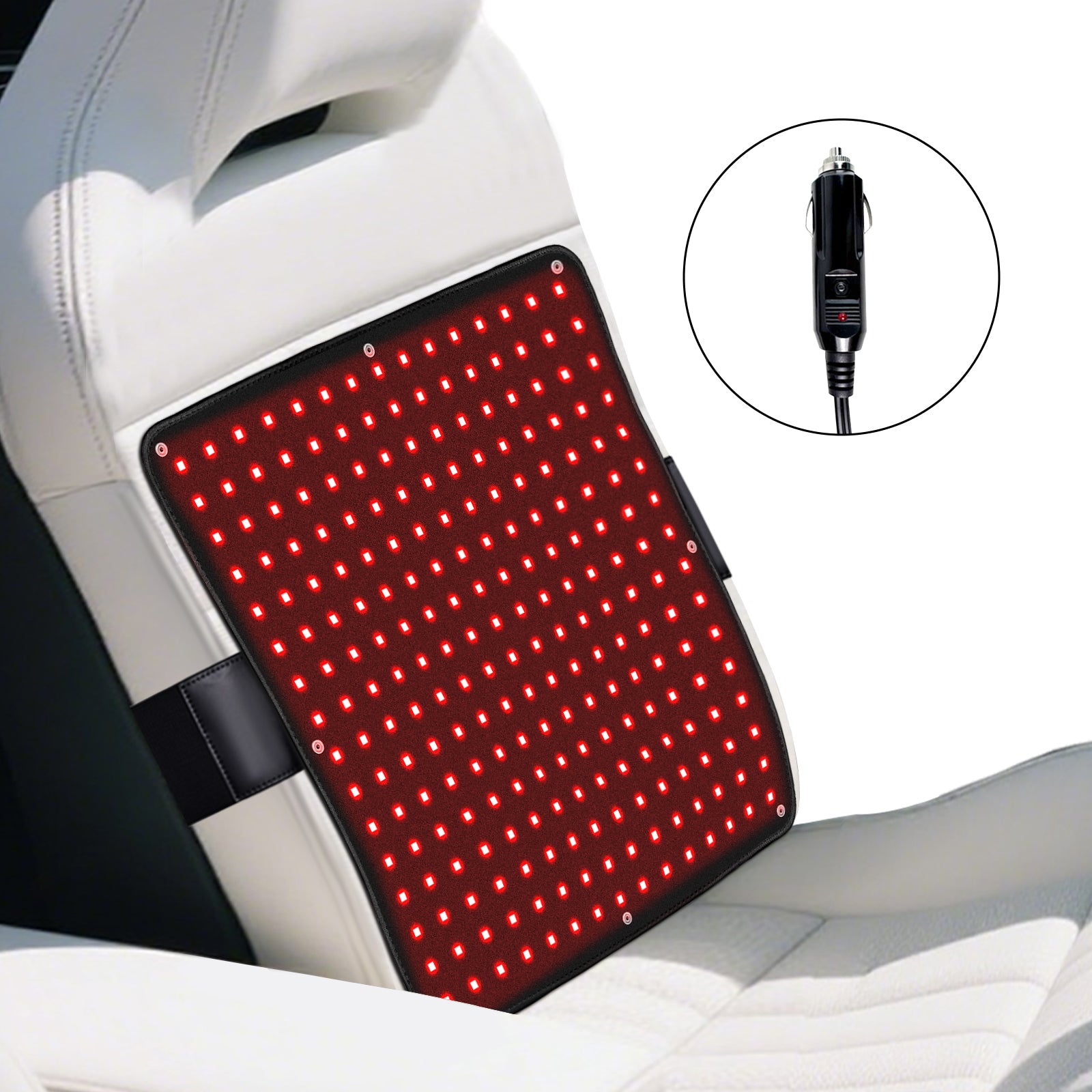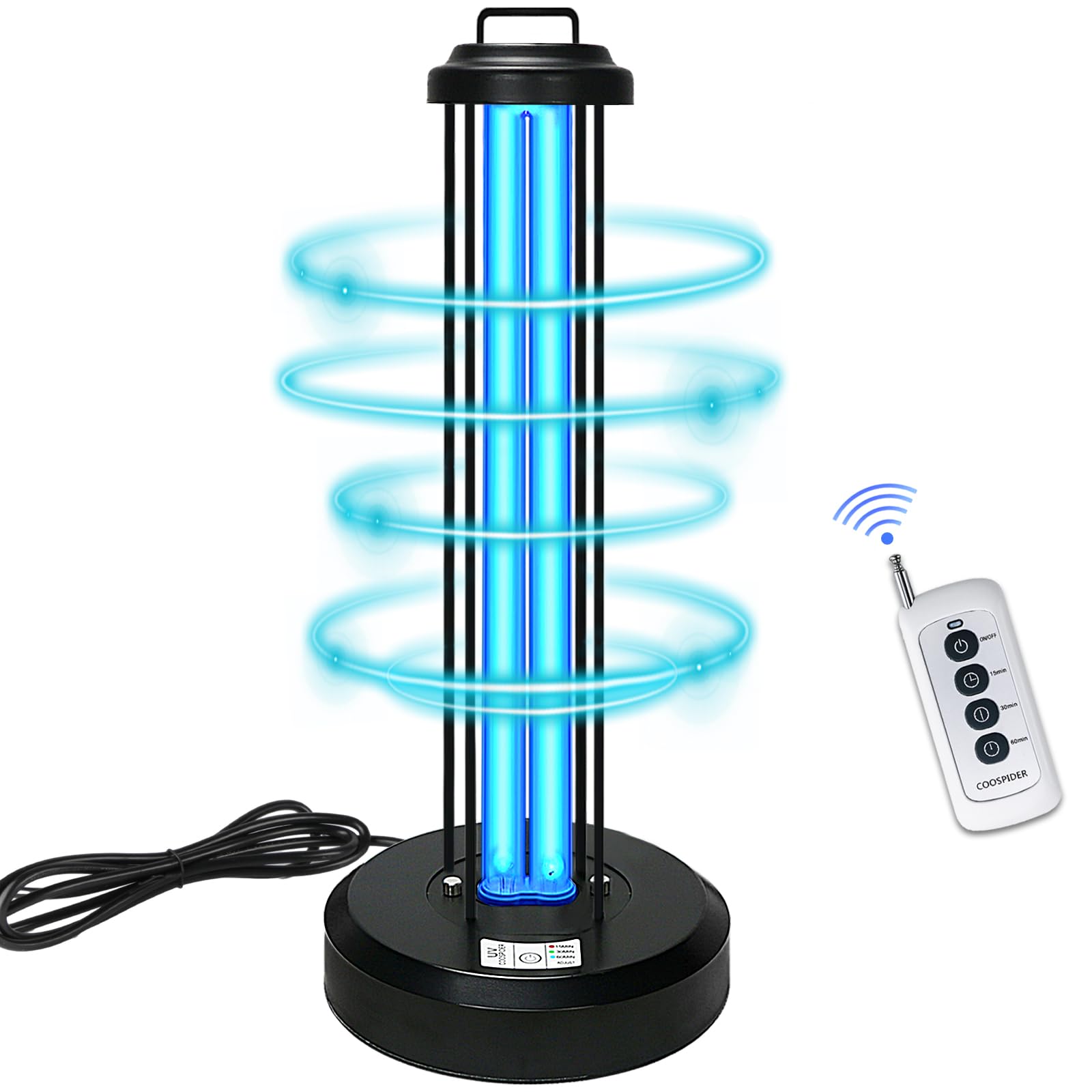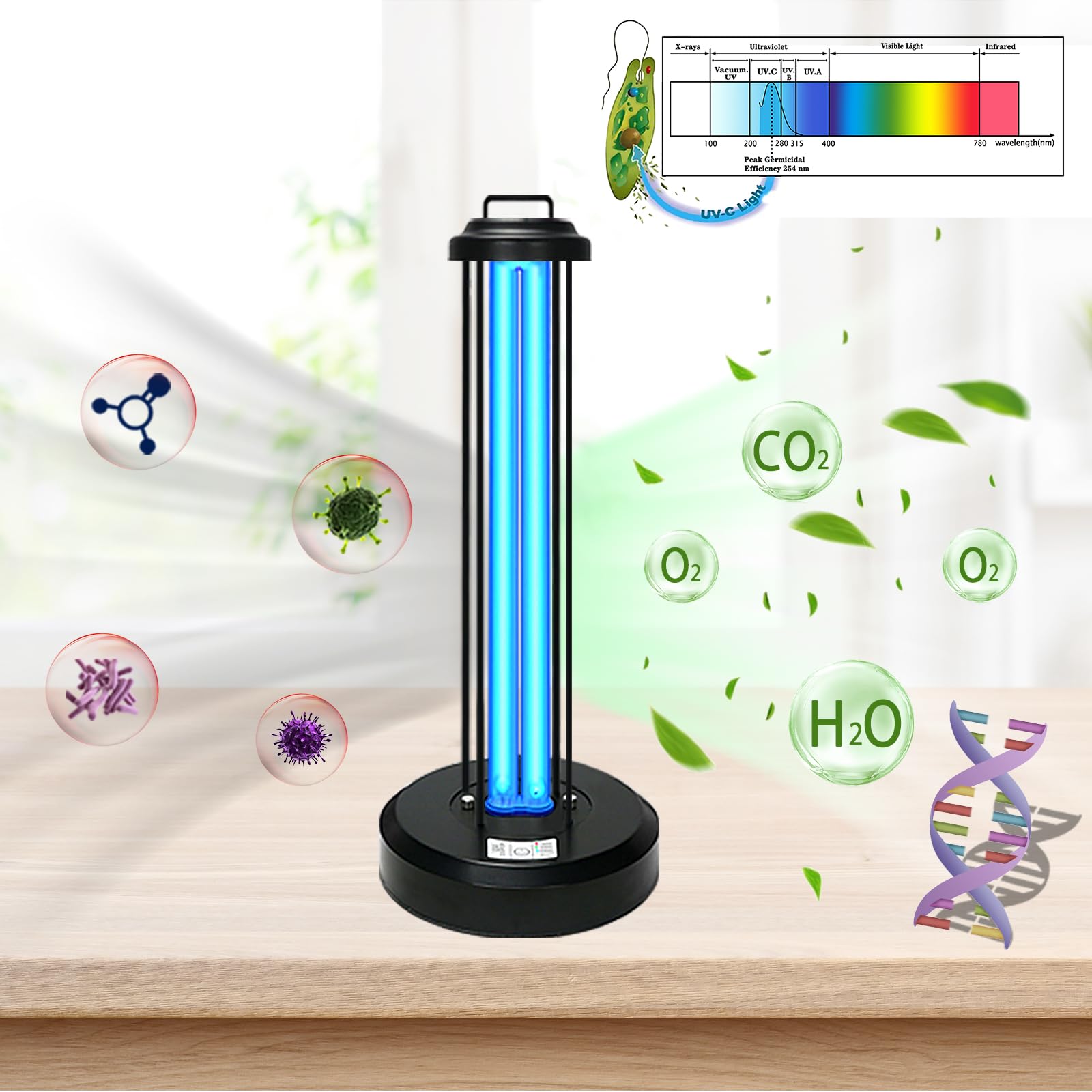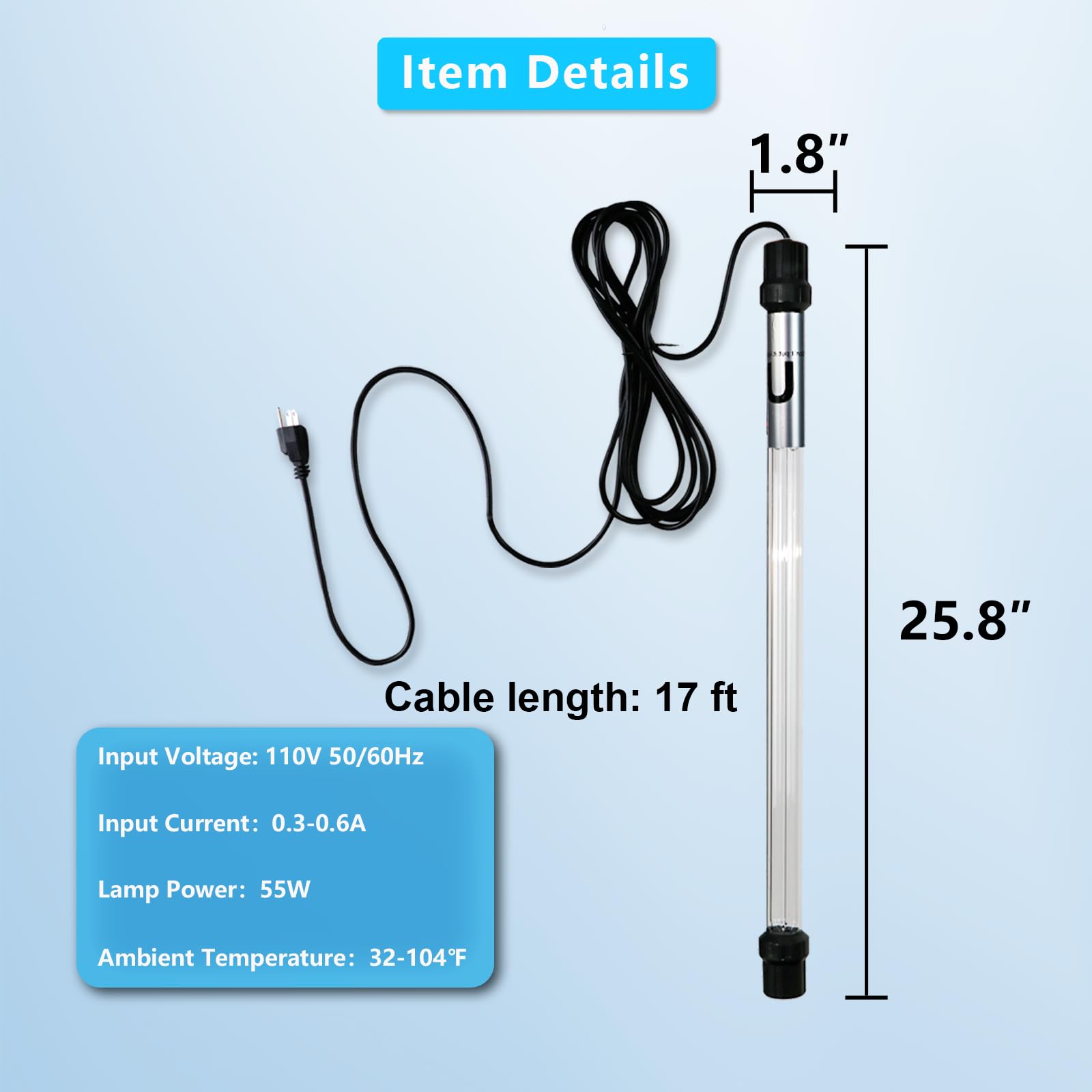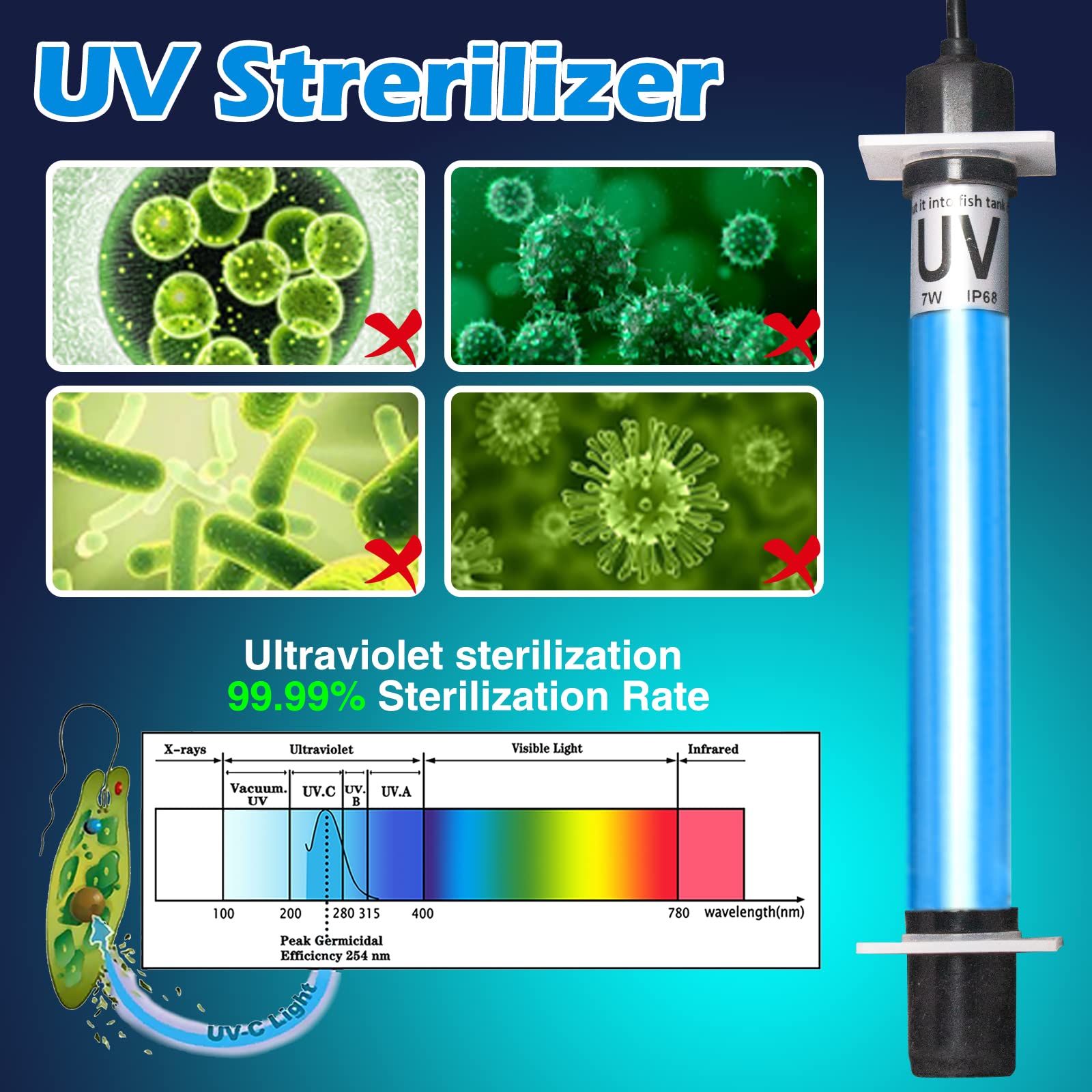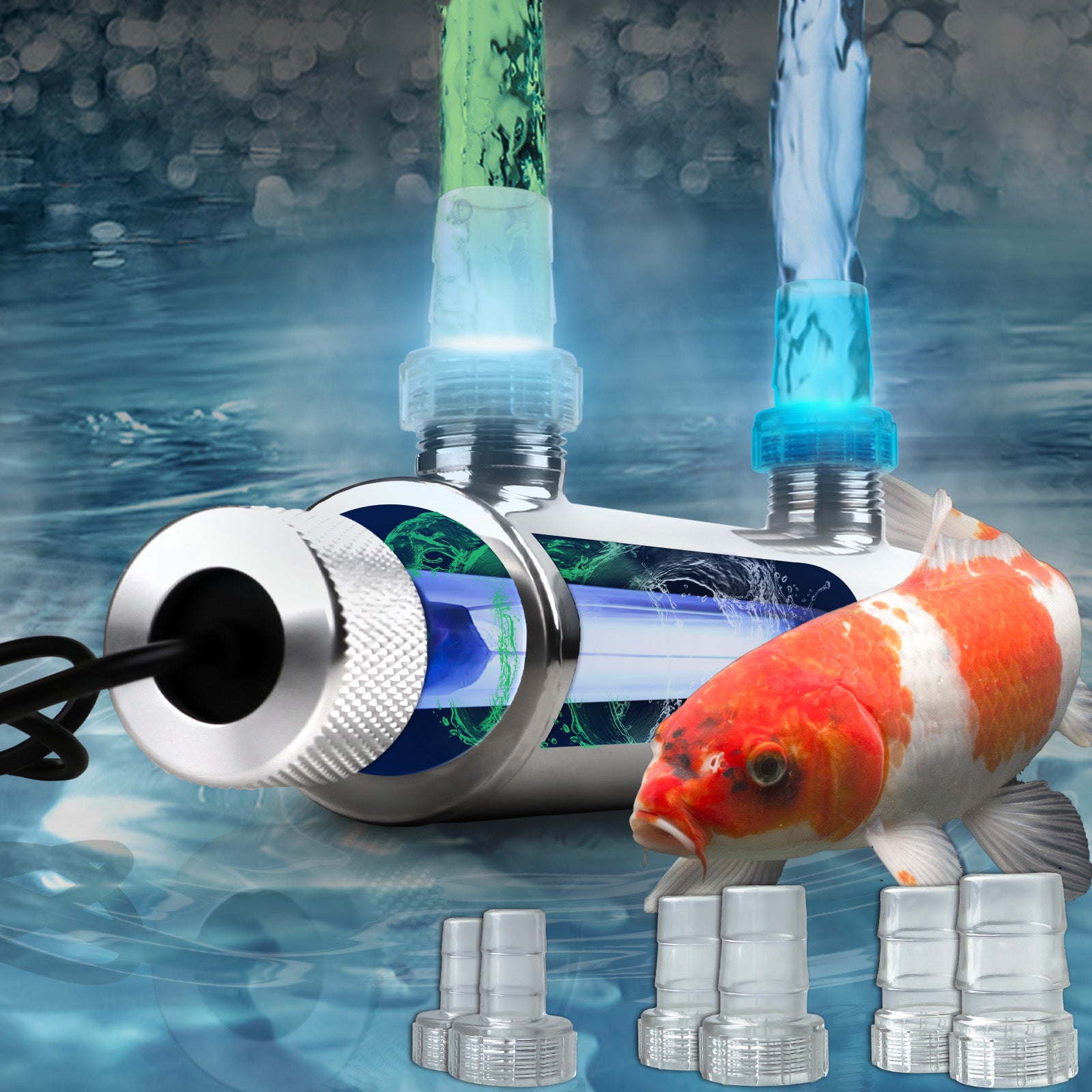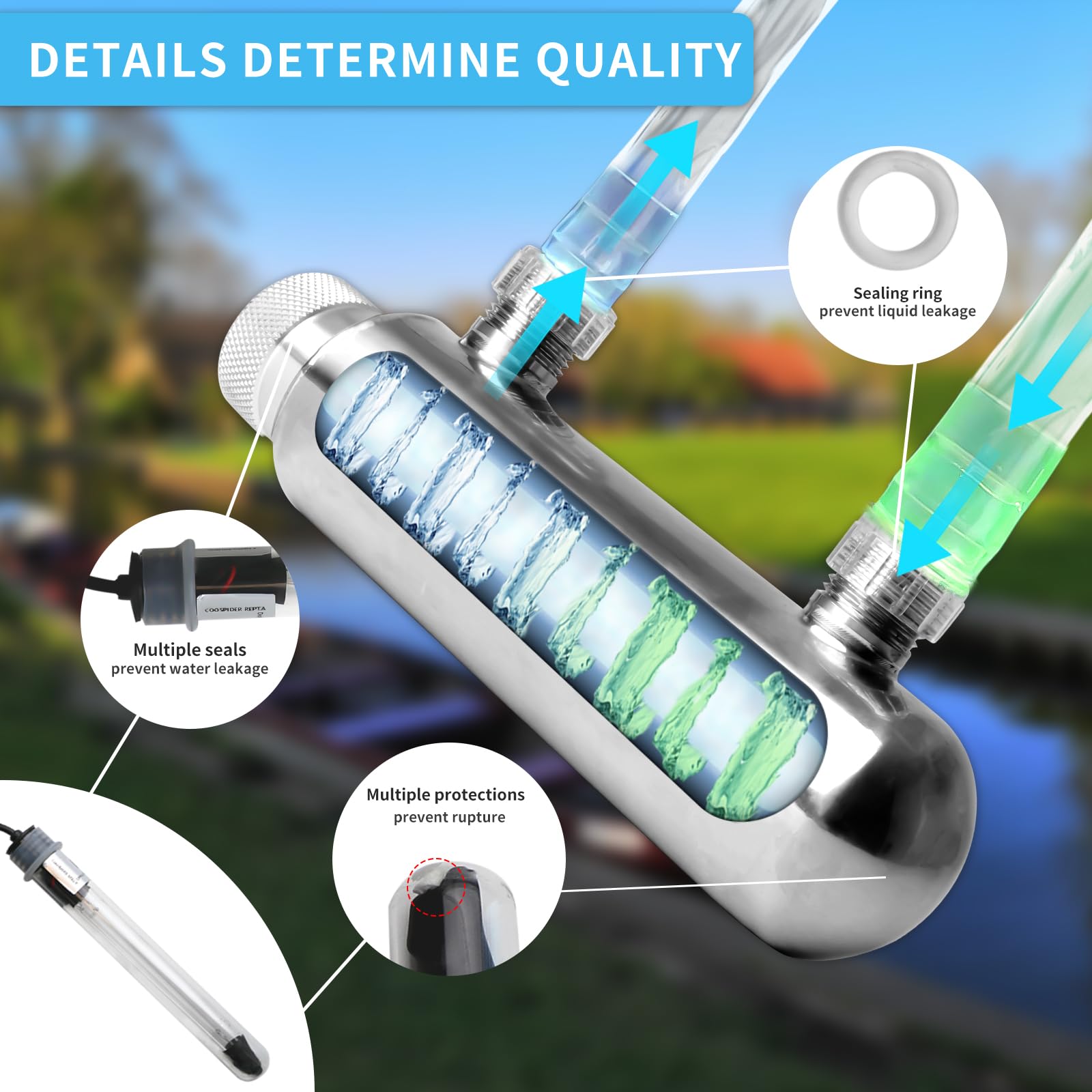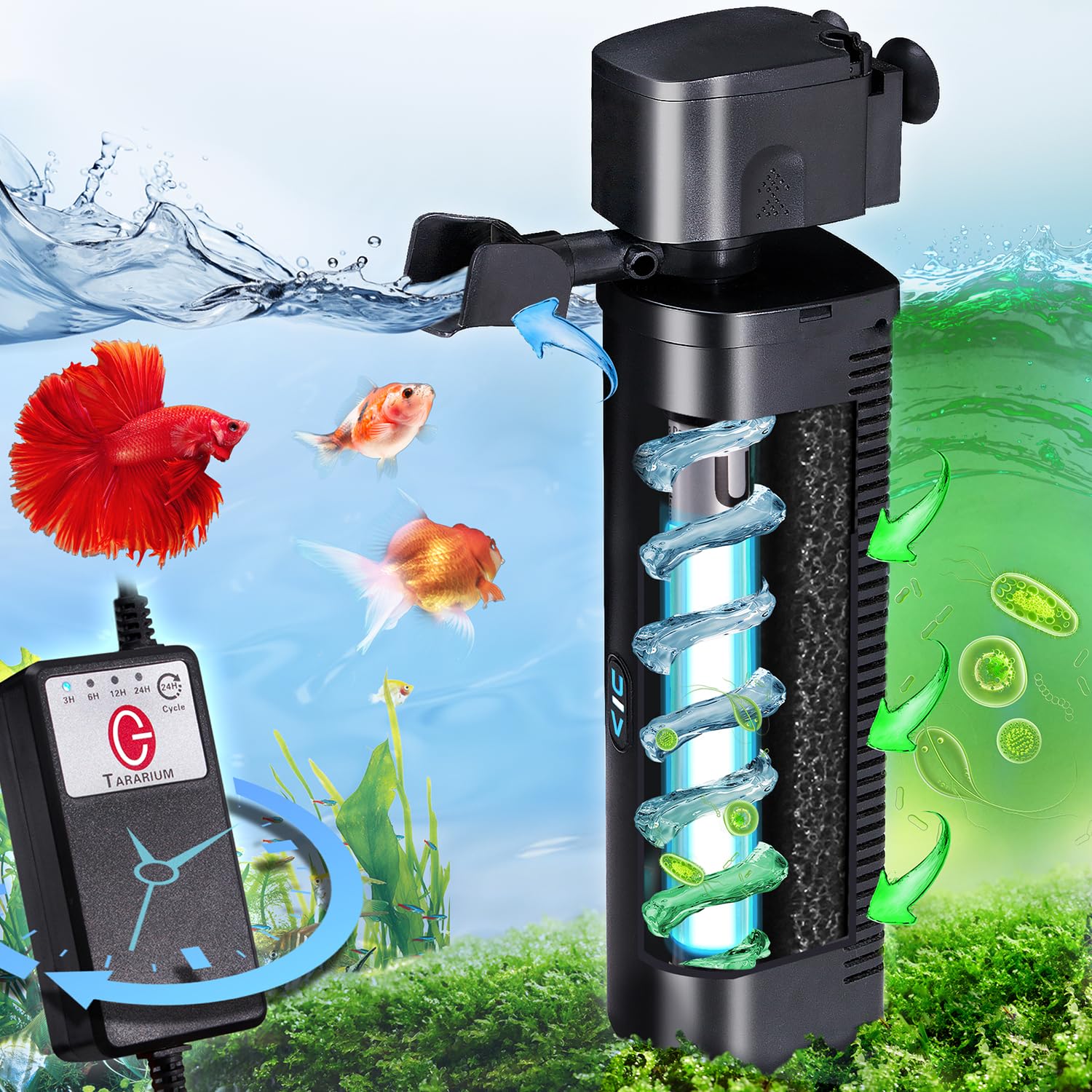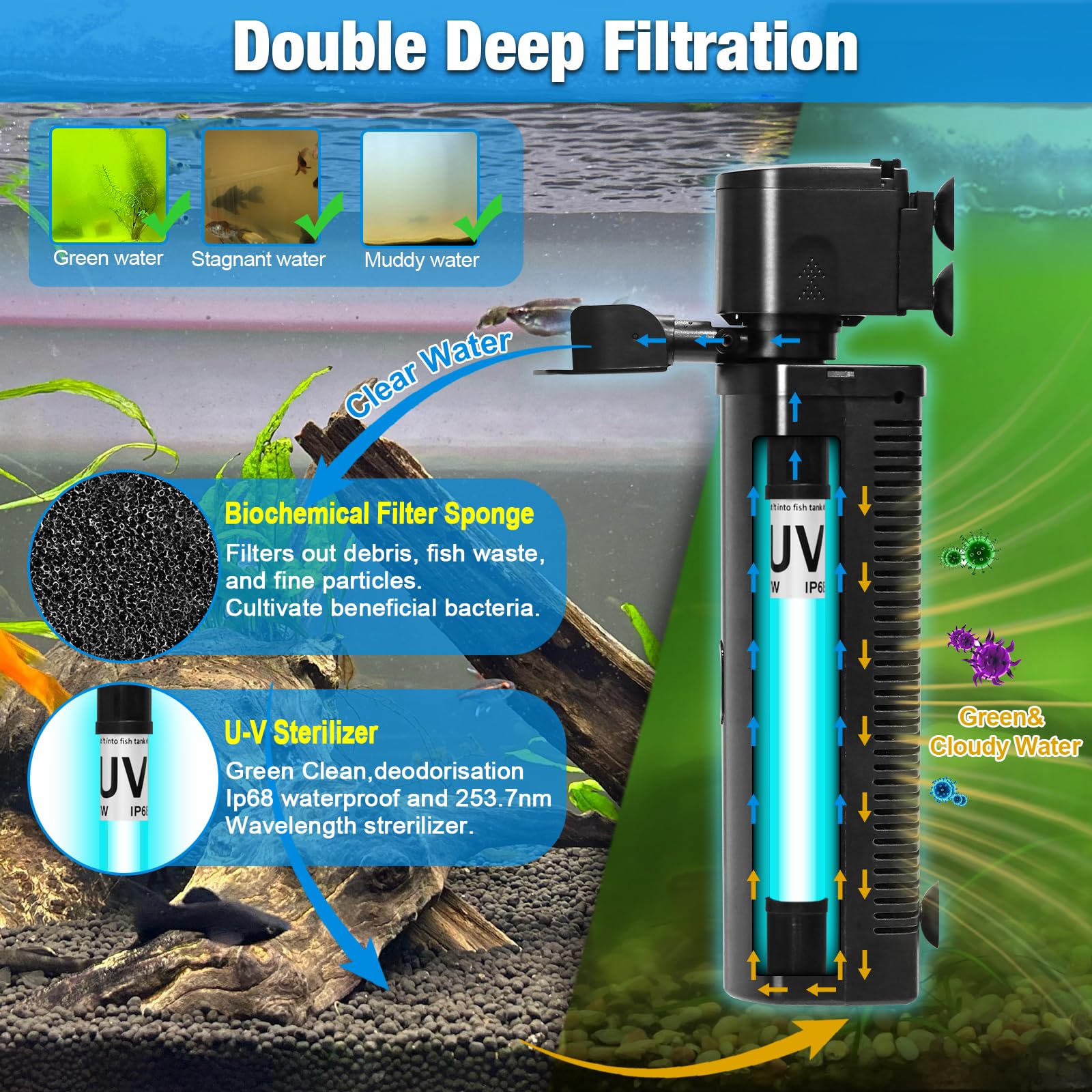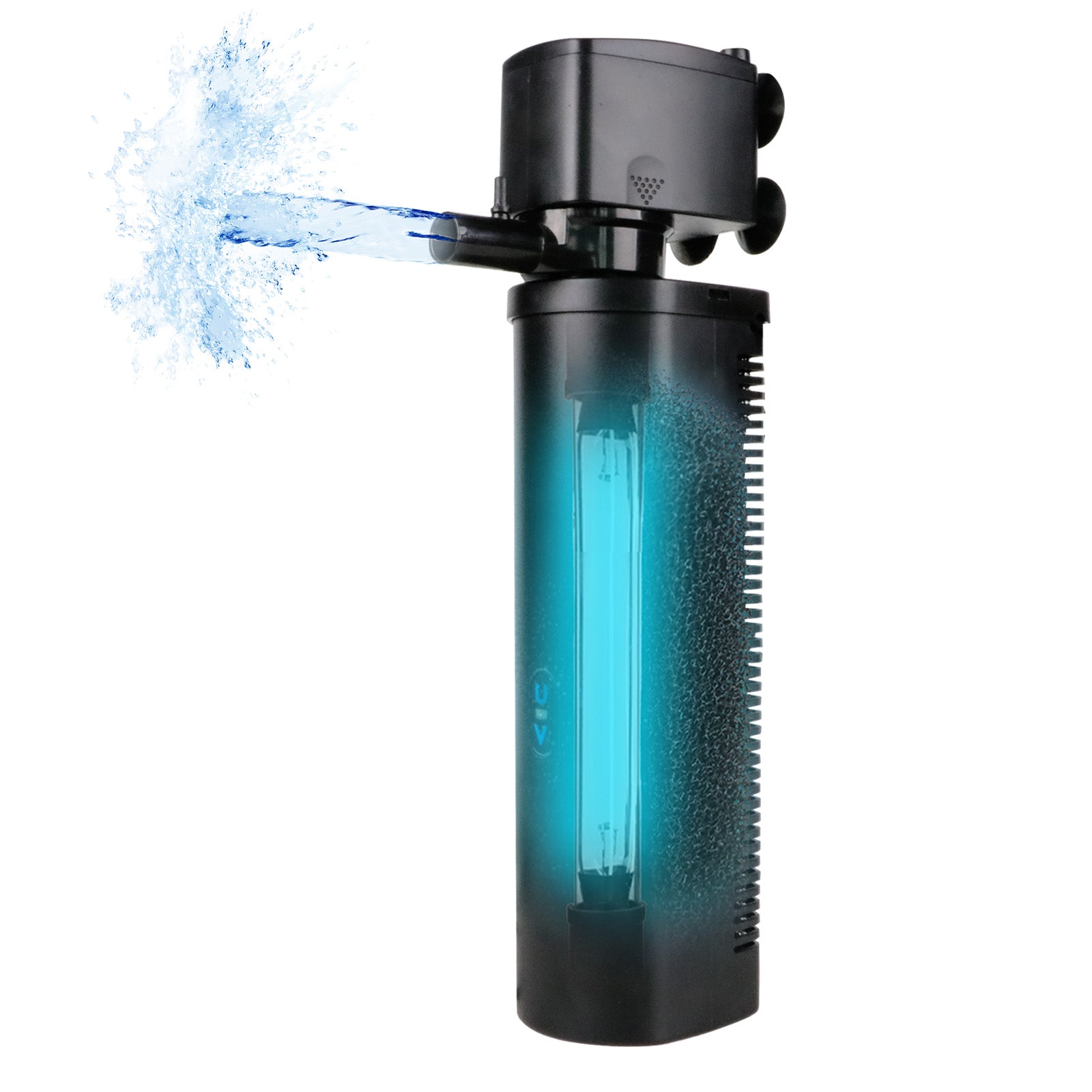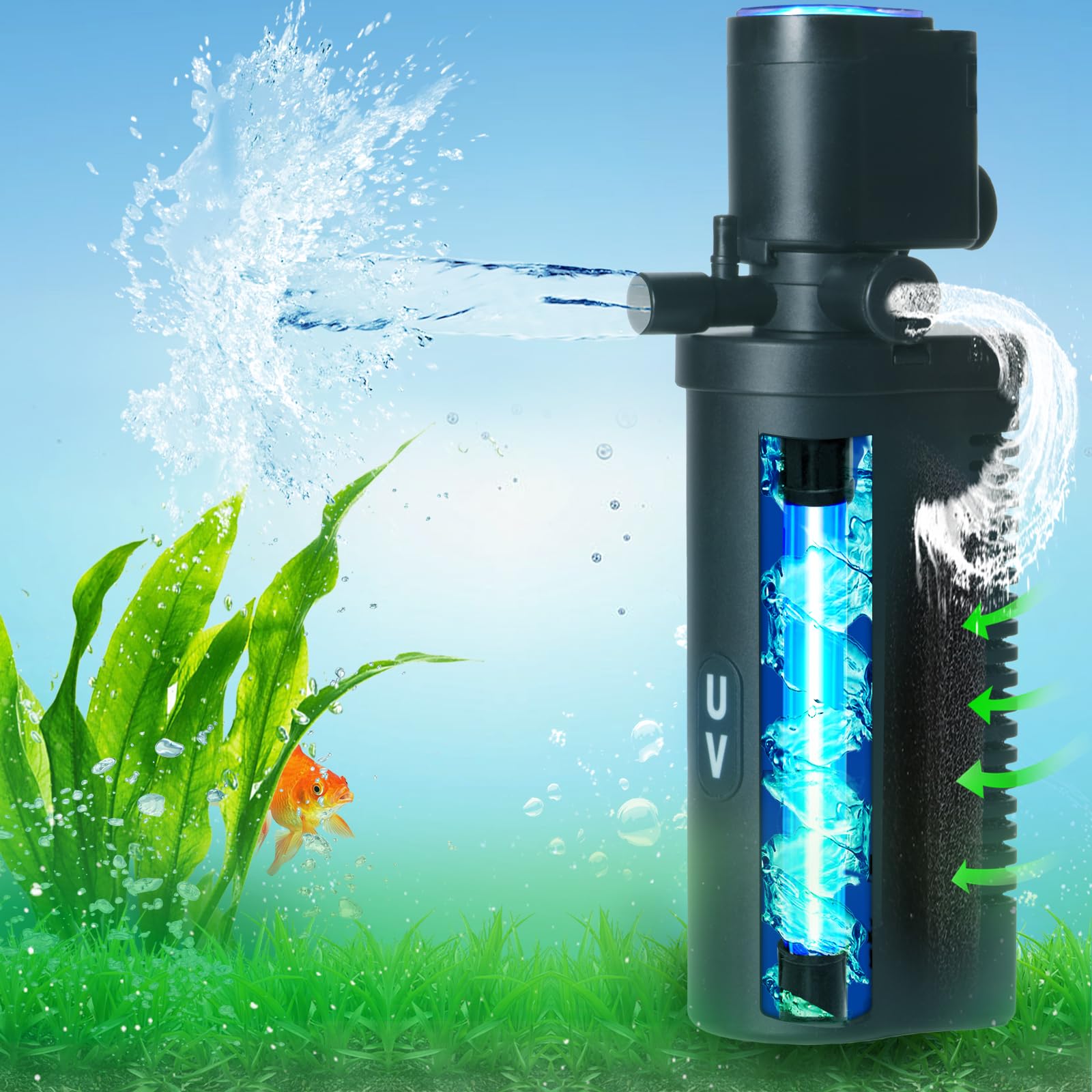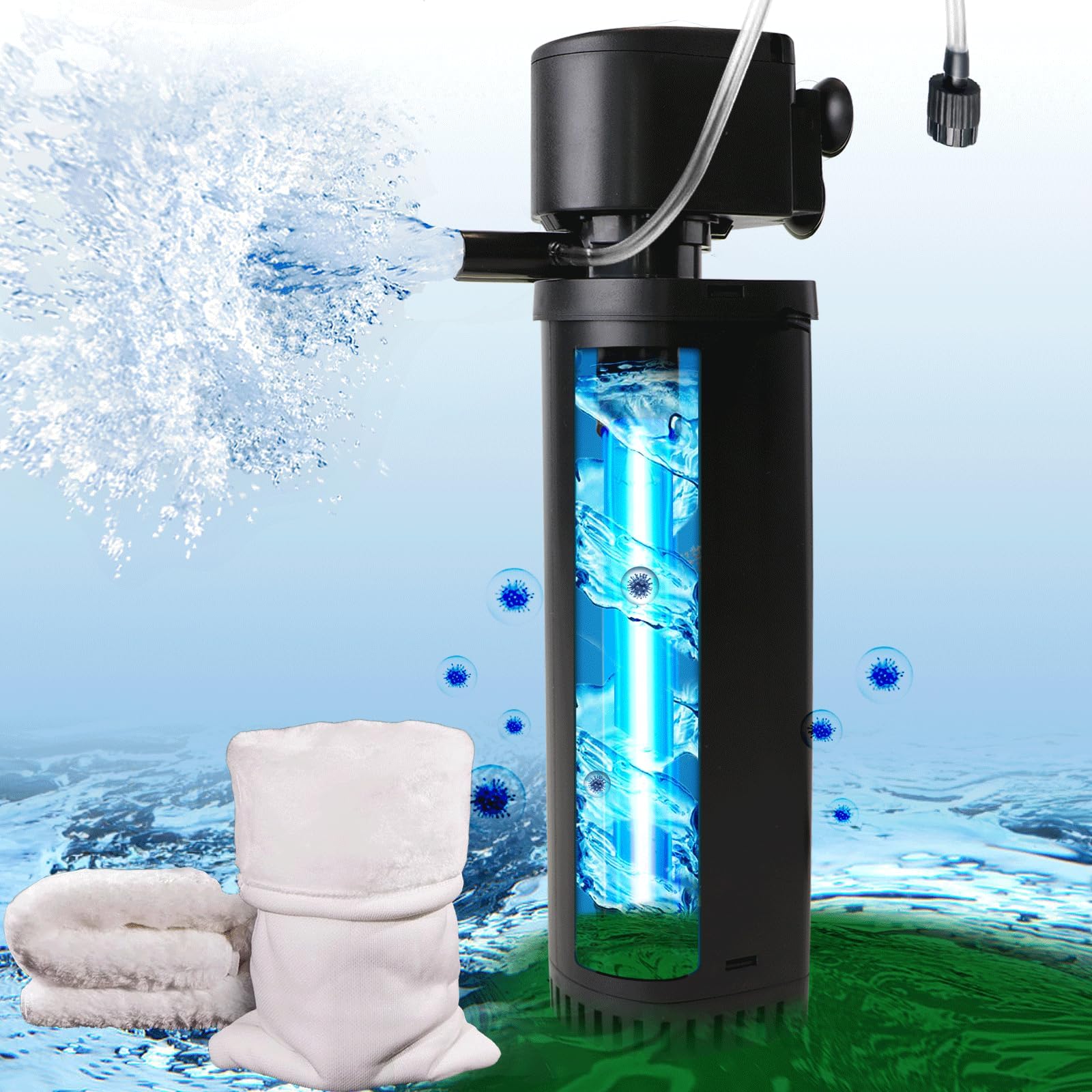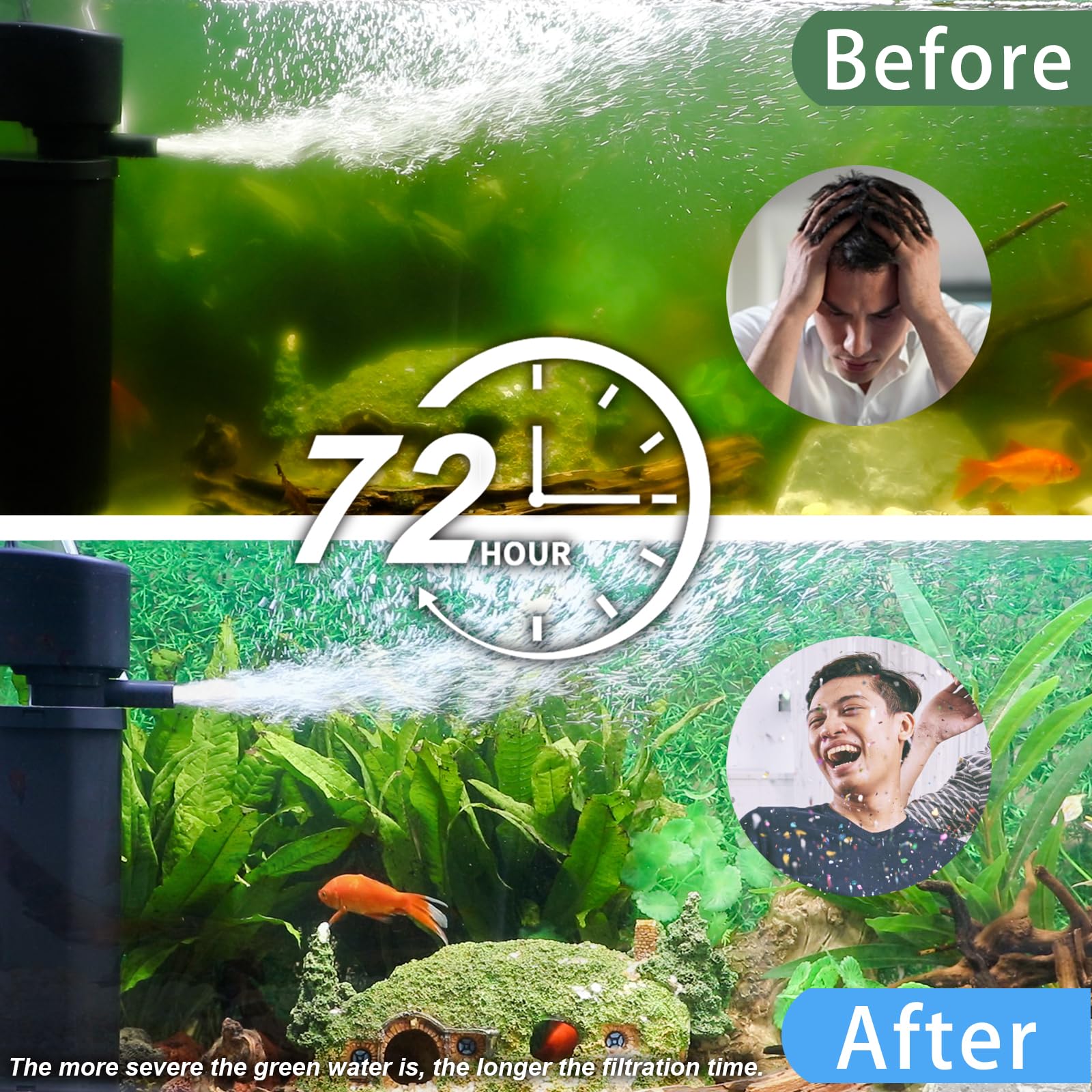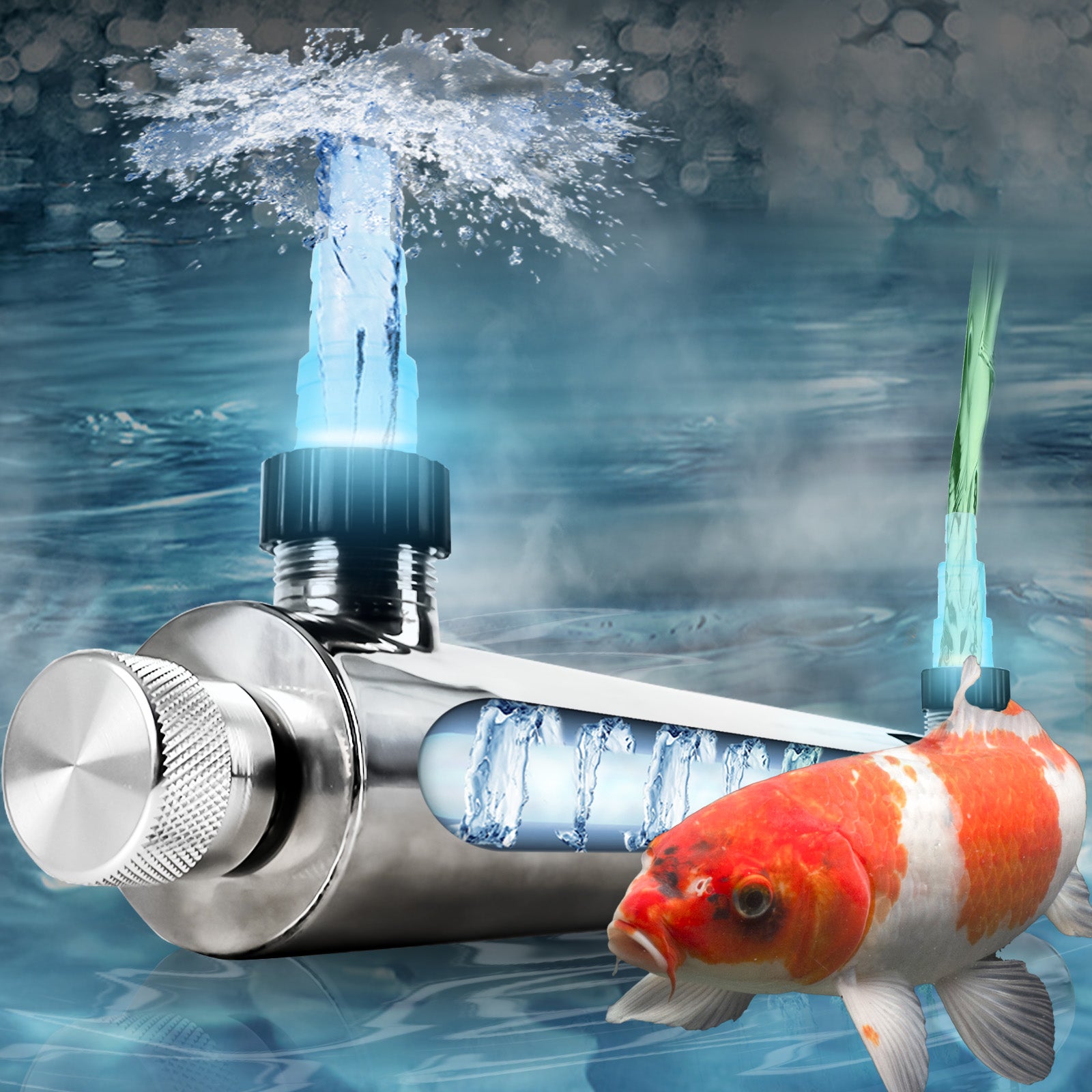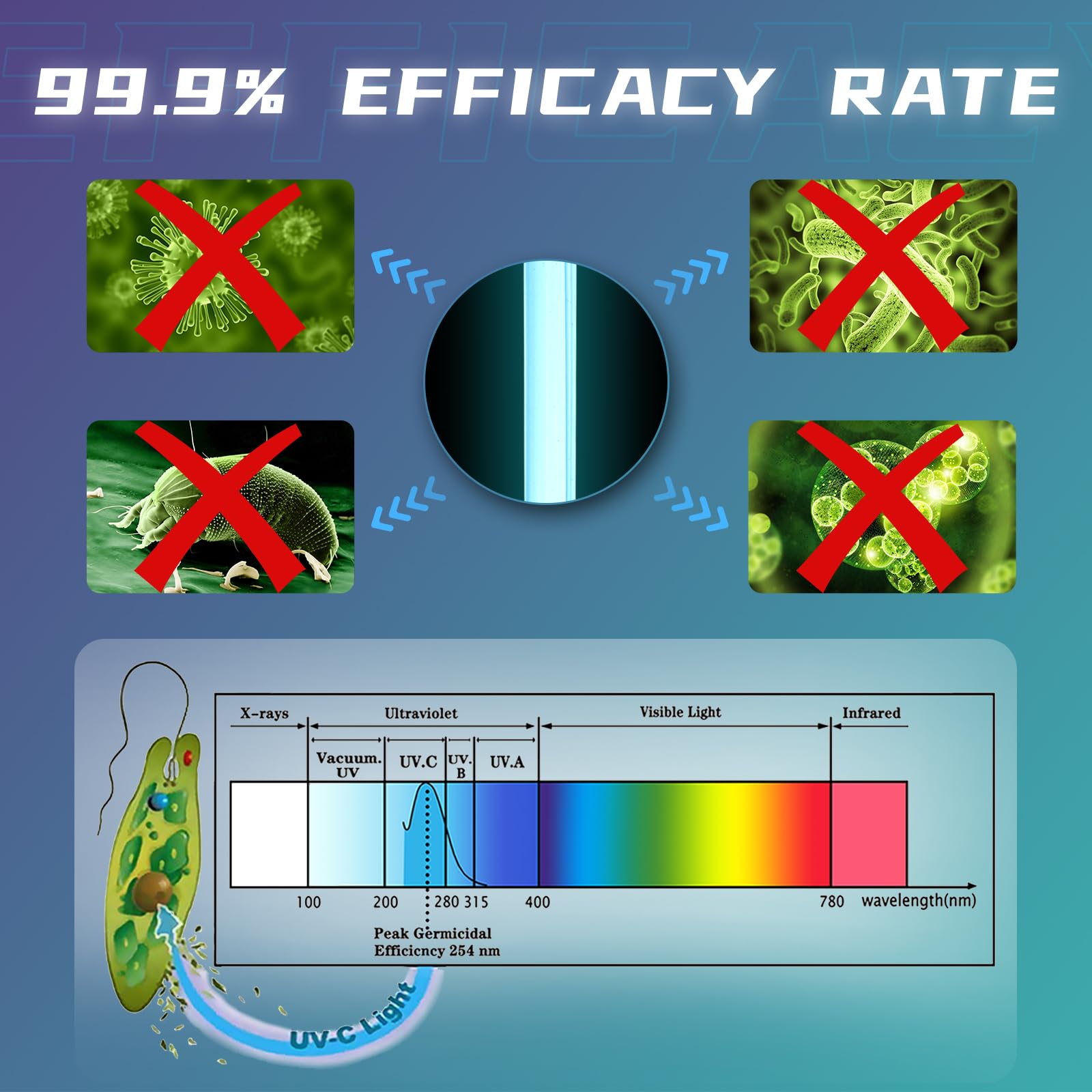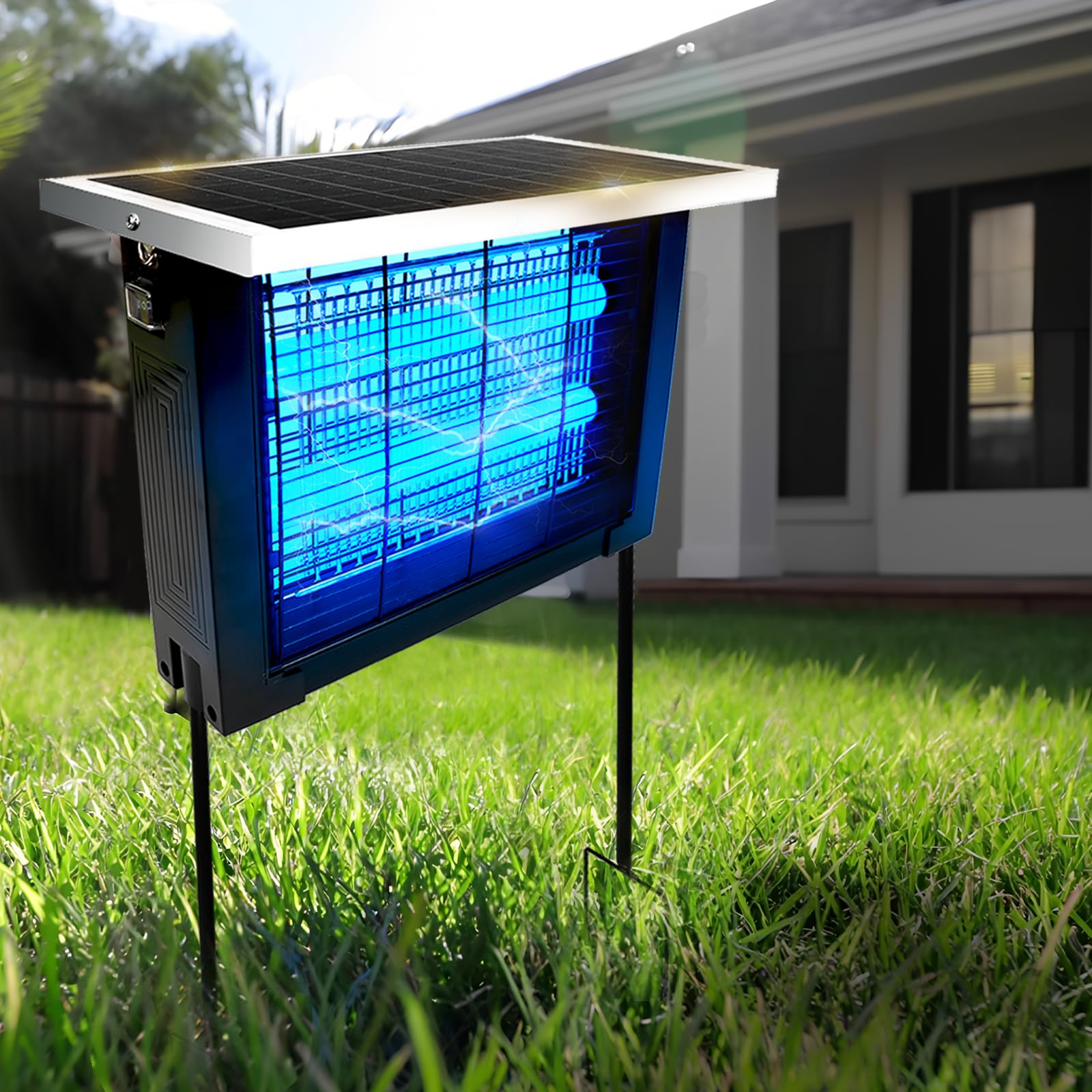Mosquitoes are more than just a nuisance—they can ruin outdoor activities, spread diseases, and cause itchy, uncomfortable bites. Whether you're camping, hiking, gardening, or simply enjoying a backyard barbecue, knowing how to effectively repel mosquitoes is essential.
This comprehensive guide covers natural, chemical, and technological mosquito repellent methods, along with expert tips to keep these pests at bay. By the end, you'll have all the knowledge needed to enjoy the great outdoors without the constant buzz and bites.
1. Understanding Mosquitoes: Why They Bite and How They Find You
Before diving into repellent methods, it’s important to understand why mosquitoes are attracted to humans and how they locate their targets.
1.1 What Attracts Mosquitoes?
Mosquitoes are drawn to:
Carbon dioxide (CO₂) – Humans exhale CO₂, which mosquitoes can detect from up to 50 meters away.
Body heat – Warm-blooded animals are prime targets.
Sweat and body odor – Lactic acid, ammonia, and other compounds in sweat attract mosquitoes.
Dark-colored clothing – Mosquitoes are more likely to spot and land on dark fabrics.
Alcohol consumption – Drinking beer or other alcoholic beverages may increase attractiveness to mosquitoes.
1.2 Mosquito-Borne Diseases
Mosquitoes can transmit dangerous diseases, including:
Malaria
Dengue fever
Zika virus
West Nile virus
Yellow fever
Preventing bites isn’t just about comfort—it’s about health and safety.
2. Natural Mosquito Repellents
If you prefer chemical-free solutions, these natural methods can help deter mosquitoes.
2.1 Essential Oils
Many essential oils have mosquito-repelling properties. The most effective include:
Lemon eucalyptus oil (contains PMD, a natural repellent)
Lavender oil (also soothes bites)
Peppermint oil (strong scent repels mosquitoes)
Tea tree oil (antibacterial and repellent)
Citronella oil (commonly used in candles and sprays)
How to use them:
Mix with a carrier oil (like coconut oil) and apply to skin.
Use in diffusers or spray bottles for area protection.
2.2 Plants That Repel Mosquitoes
Planting these in your garden or keeping them in pots can help:
Lavender
Marigolds
Basil
Rosemary
Catnip (10x more effective than DEET in some studies)
2.3 Homemade Mosquito Repellent Sprays
A simple DIY spray:
10 drops of lemon eucalyptus oil
10 drops of lavender oil
1 tablespoon of witch hazel or vodka (as a base)
½ cup water
Shake well and spray on skin or clothing.
3. Chemical Mosquito Repellents
For long-lasting and highly effective protection, chemical repellents are often the best choice.
3.1 DEET (N,N-Diethyl-meta-toluamide)
Most widely used and researched repellent.
Effective for 4–12 hours, depending on concentration.
Safe for adults and children over 2 months old (when used correctly).
Best for: Camping, hiking, and high-risk mosquito areas.
3.2 Picaridin
Odorless and non-greasy alternative to DEET.
Effective against mosquitoes, ticks, and flies.
Lasts up to 8 hours.
Best for: Sensitive skin and everyday use.
3.3 Permethrin (Clothing Treatment)
Not for skin—used on clothing, tents, and gear.
Kills mosquitoes on contact and lasts through multiple washes.
Best for: Long outdoor trips and military personnel.

4. Technological and Physical Mosquito Control
Beyond sprays and oils, technology can help keep mosquitoes away.
4.1 Mosquito Traps
CO₂ traps mimic human breath to lure and trap mosquitoes.
UV light traps attract and zap mosquitoes (but may also kill beneficial insects).
4.2 Ultrasonic Repellent Devices
Emit high-frequency sounds that supposedly repel mosquitoes.
Effectiveness is debated—some studies show no significant impact.
4.3 Mosquito Nets and Screens
Bed nets (especially treated with permethrin) are crucial in malaria-prone areas.
Window and door screens prevent mosquitoes from entering homes.
5. Lifestyle Adjustments to Reduce Mosquito Bites
Small changes can make a big difference:
Wear light-colored, long-sleeved clothing.
Avoid peak mosquito hours (dusk and dawn).
Remove standing water (mosquitoes breed in stagnant water).
Use fans outdoors (mosquitoes are weak fliers).
Conclusion
Mosquitoes don’t have to ruin your outdoor fun. By combining natural repellents, chemical solutions, and smart habits, you can significantly reduce bites and disease risks.
Key takeaways:
✅ DEET and picaridin are the most reliable chemical repellents.
✅ Essential oils and mosquito-repelling plants offer natural alternatives.
✅ Eliminate standing water to prevent breeding.
✅ Wear protective clothing and avoid peak mosquito times.
With these strategies, you can enjoy the outdoors bite-free!


